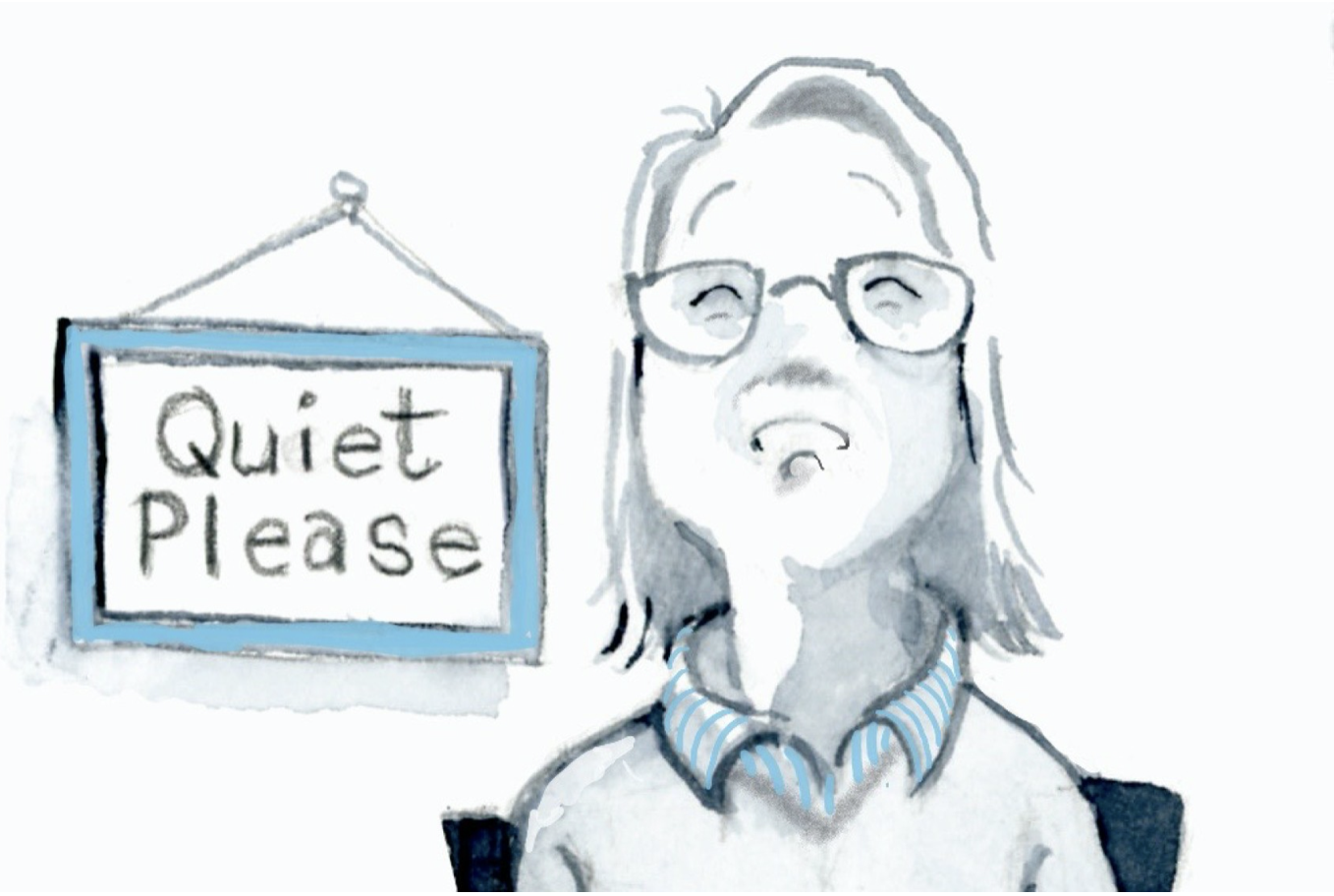What Can Philanthropy Do to Fix Democracy? Listen and Learn.
Illustration by Maria Mottola
Editor's Note: This is Lisa’s 12th piece in a Chronicle of Philanthropy series that originally focused on grantmaking in the coronavirus era. Recent pieces explore philanthropy's role in dismantling a system of racial injustice and evolving to adapt to the political landscape. You may view the original piece here.
I have been taking the Stanford Daily Coronavirus Survey for months. I started it in April, and the questions are the same every day. I get the reminder at 7:30 each morning, and most days I take it. Ninety-nine percent of the time, I answer them the same — I feel the same as yesterday, no symptoms, no new testing, submit. Every day that I complete the survey, I get the thank you message: “We are all in this together! Your participation will likely save lives. Please share this survey with others by using the links below. Thank you and please come back tomorrow.”
Wednesday, the first morning after what we used to call Election Day, that message rang hollow. It did not feel like “We are all in this together.” Watching the massive number of people who voted for Donald Trump — who to my mind voted for a racist, voted for a mysoginist, voted for someone who has handled this virus, our climate, immigration, a woman’s right to choose, everything, with such cavalier selfishness and so little love or empathy — did not make me feel like we are in this together.
On Saturday, when the election was finally called, I felt very different. People were dancing in the streets of Brooklyn. The joy, relief, release, fellowship were unlike anything I have ever witnessed or experienced. So many kinds of people were sharing champagne, dancing, cheering, crying, and you could tell how hard they were smiling, even behind their masks. They were feeling safe for the first time in years.
And now, as I am back “at work” this week at my dining room table, I am searching for my bearings. If we are all in this together, what I can bring to this moment from my seat in philanthropy? How can my “participation likely save lives”? What is mine to mourn, and what is mine to organize?
What Should Philanthropy Do?
For the last few weeks, I have been getting invitations to many Zoom meetings on scenario planning — focused on what philanthropy should do after the election. Grantee partners have asked me what the foundation will do after the election. And even as I listened to what smart people said, and what they were doing, and struggled to respond to our grantees, I knew that I did not hold any answers.
Today I am preparing myself for a new round of “What Should Philanthropy Do Now” sessions. And the only thing I am certain of is that I don’t know what we should do next. How could we know? Who has ever seen a moment like this? Who would ever have imagined this particular combination of factors — pandemic, uprisings, voting by mail, voter suppression, economic suffering, a president elected after 48 years in politics along with a vice president who is the first African American, South Asian woman in the office. Maybe a president who won’t leave office, maybe a vaccine.
I don’t understand what hit us in 2020, nor do I know which of our foundations’ funding strategies worked, which fell short, or even really what a funding strategy can do to be relevant.
Our grantee partners are still showing up for work, and still able to pay most of their employees. So that is good.
Make This Hard Time Bearable for Our Grantees
The one thing I do feel certain about is that we should keep on supporting their work and listening to what we can do to make this incredibly hard time more bearable for them.
But as for prognosticating on trends in philanthropy or understanding how to move through the pandemic and economic crisis, I do not know. Nor do I know how best to promote civic life in 2021 or what we need to survive the next six months, let alone the next year or decade.
I was on a call with a colleague this week who was sharing that after the 2016 elections, she wanted to talk with colleagues about what they had learned and what they had gotten wrong in the run-up. She was disheartened when most of what she got back was a lack of curiosity to explore that question. She mostly got “we just need to do more investment in ______.”
I fear we are seeing already on philanthropy social media that we just need to do more ______. While some of that may in fact be exactly what we need to do, by coming in so quick with certainty and little curiosity, I worry that we won’t take this opportunity to listen and learn. And that’s all I can think of in terms of our contribution right now. In this unprecedented in-between time, during this interregnum, our grantee partners have to keep on driving their work to make the world a better, more just, and equitable place. But this is an opportunity for us who sit in philanthropy to give up the instinct to be the savior, to be the shiniest, fastest, most eloquent, smartest kid in the room. Let’s just be quiet, continue to support our partners, reflect on what we have been doing, and move money. I think that is what I can do to stay in it together.
